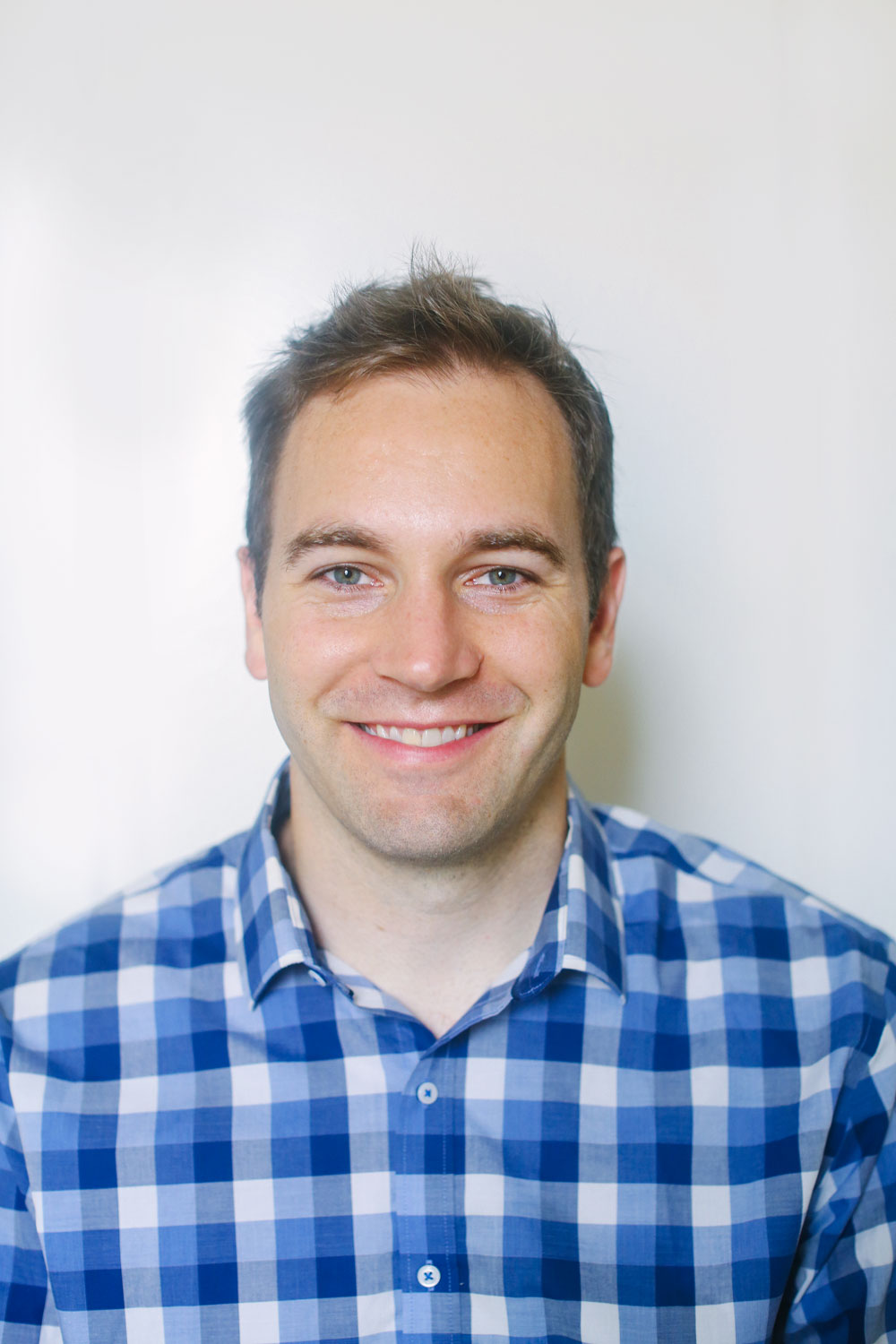As a society, we’re obsessed with becoming more productive. Most major business publications, like this one, have productivity sections. Over a decade ago, there were 17 million to-do list apps alone. And yet most professionals I coach come to me because their obsession hasn’t led to transformation.
If you’re like most people, you read about a productivity hack, put it into action for a few days with great optimism, and then hit a speed bump. Maybe an unexpected deadline emerges causing you to table the hack. By the time you’ve met the deadline, the hack has lost its appeal. You may try it another time, but like so many others, it is destined for the cemetery of good ideas that didn’t stick.
Why does this happen so often?
In many cases, your beliefs undermine your best attempts, because you always act in ways that are consistent with your beliefs. If your beliefs don’t reinforce the behaviors you try, you’ll revert to behaviors that align with your beliefs.
These four counterproductive beliefs–lies, if you will–sabotage many of the best attempts to become more productive:
1. The fastest path is the most productive.
To become more productive, you often need to invest time now to save time later. It takes time to find and try a new keyboard shortcut, but once you’ve learned it, you’re more productive every time you use it. The same is true for adding tasks to your to-do list and having tough professional development conversations.
You can’t think of productivity in terms of a point in time. Instead, invest in actions that have what investors call high “present value”: the total time it will save you in the future is far greater than the time it costs you now.
2. Perfection is the primary goal.
You probably want your work to be perfect, but perfection is really a non-goal. It’s like trying to summit a mountain that has no summit. When perfection is your goal, there is always more work to do.
Most perfectionists worry that any imperfection will reflect poorly on them. But imperfections exist for bad reasons and good. They’re good when the cost of making something perfect is greater than the value of the incremental improvement. Rather, aim to maximize impact. When you do, you’ll always spend the right amount of time on your work.
3. My personality isn’t compatible with productivity.
In my coaching, I often hear, “But I’m not really a to-do list person,” or “I’m just not an organized person.” What they mean is that using a to-do list and organizing their lives isn’t natural to them. These declarations create self-fulfilling prophecies.
The most important changes you’ll ever make won’t feel natural. If they did, you would likely already be doing those things. Your personality can and will change — if you believe it can. Avoid telling yourself “this just won’t work for me,” even as you tailor productivity tips to your personality.
4. I feel valuable when I work hard.
You will almost always act in ways that increase your sense of self-worth. If you feel more valuable when you work hard, you’ll be hesitant to take breaks and leave work at 5:30. Your value is entangled with a strong work ethic if this hypothetical scenario makes you feel bad about yourself: Your employer or funder publishes a list of how many hours you and your peers work. You’re at the bottom of the list with the fewest hours.
Working hard is important, but if it’s more important than working smart, you’ll put in extra hours rather than investing in getting things done more quickly.
These counterproductive beliefs are so powerful because they are partial truths that feel fully true. Replace them with full truths and your obsession will lead to transformation.
We originally published this article on Inc and Zarvana.


